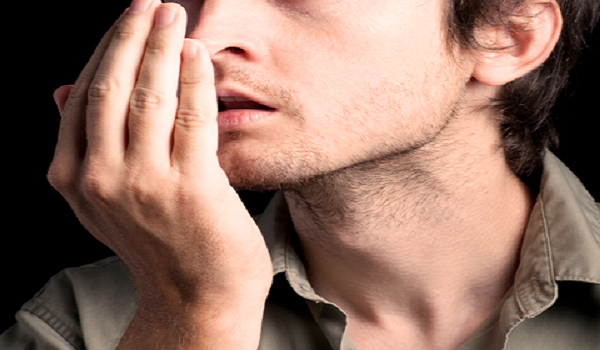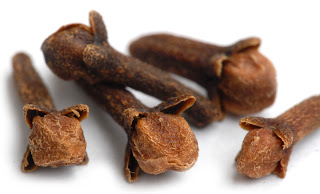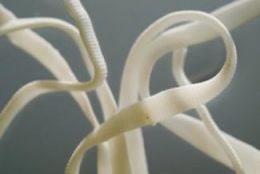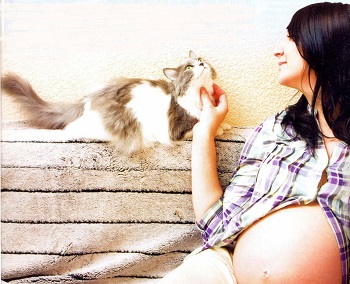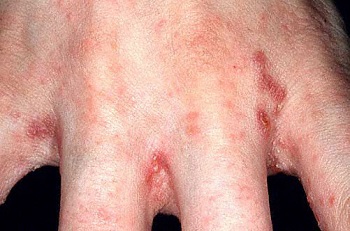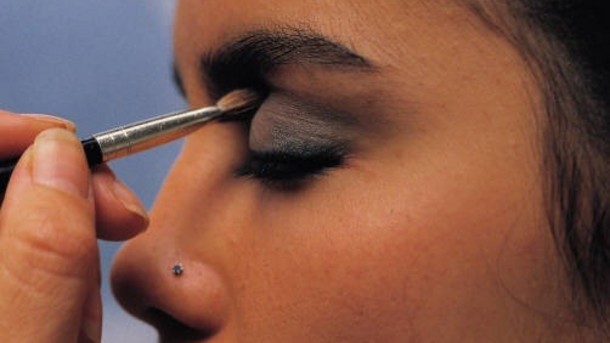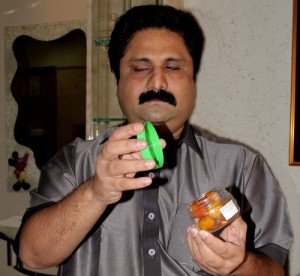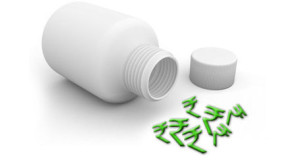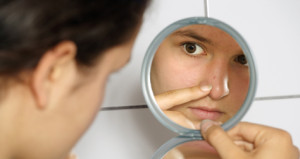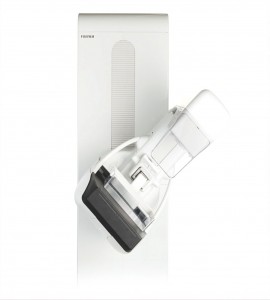Plums provide a host of health benefits to both fortify and beautify. Good news is, it’s plum season in Mumbai!
by The Editors | editor@themetrognome.in
Nature has the most wonderful way of making certain fruit and vegetables available to us as the seasons change. With the rains lashing the country presently, we’re suffering from monsoon-related illnesses, and certain fruit available this season can help you fight back.
Of these, plums should be your first choice. This beautiful fruit, whose dark red variety is available in our country, packs a punch when it comes to providing nutrients to not just beautify the human body, but also fortify it. Good news is, the freshest plums are currently being sold in Mumbai (about Rs 50 per half kilo), so you can go ahead and indulge.
What plums contain: Plums contain liberal doses of potassium, Vitamin A, iron, riboflavin, thiamine and magnesium. This fruit is a good source of fibre, which in turn helps digestion. A standard cup of pitted plums comprises 26 per cent Vitamin C, 13 per cent Vitamin K and 11 per cent Vitamin A, as per the US Department of Agriculture.
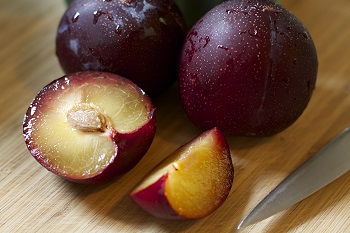 Purifying blood: Research shows that the fibre-providing nature of plums helps to prevent platelet clotting, which may in turn lead to blood disorders like arteriosclerosis and high blood pressure. Plums help purify the blood by liberally oxygenating it, and are recommended for those prone to strokes and coronary heart disease. It improves gastrointestinal and liver function and thus prevents constipation.
Purifying blood: Research shows that the fibre-providing nature of plums helps to prevent platelet clotting, which may in turn lead to blood disorders like arteriosclerosis and high blood pressure. Plums help purify the blood by liberally oxygenating it, and are recommended for those prone to strokes and coronary heart disease. It improves gastrointestinal and liver function and thus prevents constipation.
On the workout menu: Confused about what to eat before you work out at the gym or go for a run? Grab a couple of plums before you start exercise. Plums contain citric acid that can prevent tiredness and muscle cramp. Besides, its high water content helps in hydration. Their sugar content will keep you in good stead during a rigorous workout, and you won’t pile on the pounds because plums are fat-free!
Healthy hearts: We’ve already said that plums are a great source of gut-cleaning fibre, but did you know that the fibre from plums also helps bring down cholesterol? The fibre in plums is ‘soluble’, which means that it binds to cholesterol and promotes its excretion from the body. It has the same effect with blood glucose and helps normalise blood sugar levels by slowing the absorption of glucose. A good way to ensure your heart gets the maximum benefit is to chop a couple of plums and add them to your bowl of oats for breakfast.
The eyes have it: Plums put the shine in your eyes – their Vitamin A content helps prevent macular degeneration and fights local infections. Regular consumption of plums has been known to improve eye health.
Antioxidant punch: Recent studies in the West show that plums may help in the battle against such life-threatening diseases as cancer. Plums are loaded with antioxidants, and are  particularly effective for patients suffering from cancer and heart disease, because the content of free radicals is high in these patients and antioxidants are required to fight them.
particularly effective for patients suffering from cancer and heart disease, because the content of free radicals is high in these patients and antioxidants are required to fight them.
Healthy skin and hair: This season is all about taking care of your dull skin and limp hair, and with all their goodness, plums can help spruce up both. Eat two soft, ripe plums a day for optimum effect.
(Pictures courtesy www.klesickfamilyfarm.com, www.grantustheluxury.com, www.happyhealthylonglife.com)

